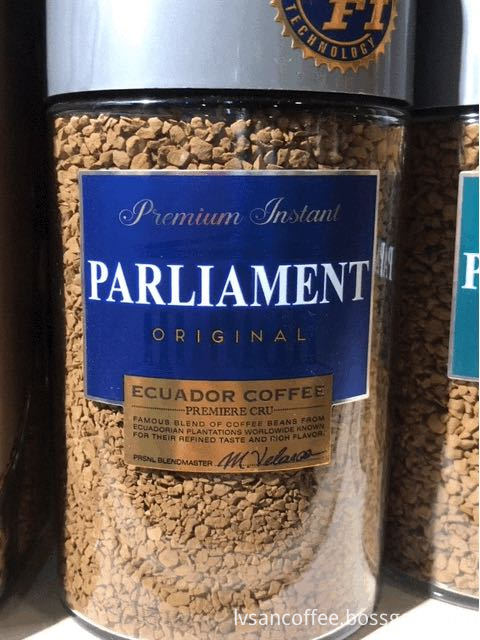Differences in different formulations of pesticides
User Yuan Zongjian sent an e-mail: The contact toxicity and stomach toxicity of pesticides are easy to understand. How does the systemic absorption, permeability and conductivity be understood? What is the difference?
Answer: The systemic absorption of pesticides generally means that the drugs can be absorbed by crops and conducted in the body to achieve the purpose of controlling pests and diseases. Tricyclazole, for example, has good systemic absorption. It is quickly absorbed by rice after application (can be absorbed in 1 to 2 hours, so it can be applied in the rain gap), and it conducts in the body and enters the surface of rice leaves. The germination and immersion of rice blast spores, and the drug's killing effect on isolated rice blast pathogens is weak. Imidacloprid and other pesticides, because of their good systemic absorption, have a good control effect on brown planthoppers, which are mainly active and harmful at the base of rice plants, and are superior to other insecticides with only contact toxicity. However, it is not that the drug has a strong heart and that it will work. It also requires a high level of activity. Acetomethionin has strong systemic absorption, but its activity on rice planthoppers is not too high. After application, it only has a certain contact-killing effect on rice planthoppers. Drugs that enter the rice plant body are low in concentration because of the low concentration of rice. There is not much control effect of fly fleas. In recent years, Nilaparvata lugens has developed resistance to imidacloprid, and the activity of imidacloprid on the brown planthopper has decreased, and the control effect after application has also declined.
The herbicide's systemic ability is mainly directed at controlling weeds. For example, glyphosate and fluopioxyacetic acid have good systemic absorption, which is beneficial to the killing of weeds. Paraquat has no systemic absorption and can only be killed by the upper part of the weeds that are sprayed into medicine. Of course, drugs such as fluoproxil, 2a, 4a, and sodium chloride with systemic absorption can also enter crops. However, under normal conditions of use, rice, wheat, and other crops can prevent these drugs from entering the body from acting. It plays a less important role and is therefore relatively safe for the crop itself.
The avermectin, emamectin benzoate and other drugs can not be absorbed by the crop after being sprayed on the crop, but the drug can penetrate the leaves under the epidermis and form a small drug package and maintain longer The efficacy of the drug. It is advisable to add enough water to spray this kind of medicine and spray the whole plant to improve the protective effect. The amount of water and spraying in the evening can also prevent the liquid from expelling too quickly, which is beneficial to the penetration of the drug into the crop.
UTZ Freeze Dried Coffee: also known as Freeze-dried Coffee, it is an Instant Coffee made by freezing liquid products and removing ice through sublimation.
The freeze-dried coffee chips retain the original flavor of coffee well. Due to its loose and porous internal structure and fast dissolution rate, it is a "instant coffee" that is convenient to measure and can easily control the concentration of the beverage.
Low temperature extraction, balanced taste, soft and sweet coffee, good taste retention, rich layers, slightly fruit acid.

Freeze Dried Decaf Coffee,Best Freeze Dried Coffee,Freeze Dried Coffee Process,Organic Freeze Dried Coffee
Yunnan New Biology Culture Co,.Ltd , https://www.lvsancoffee.com